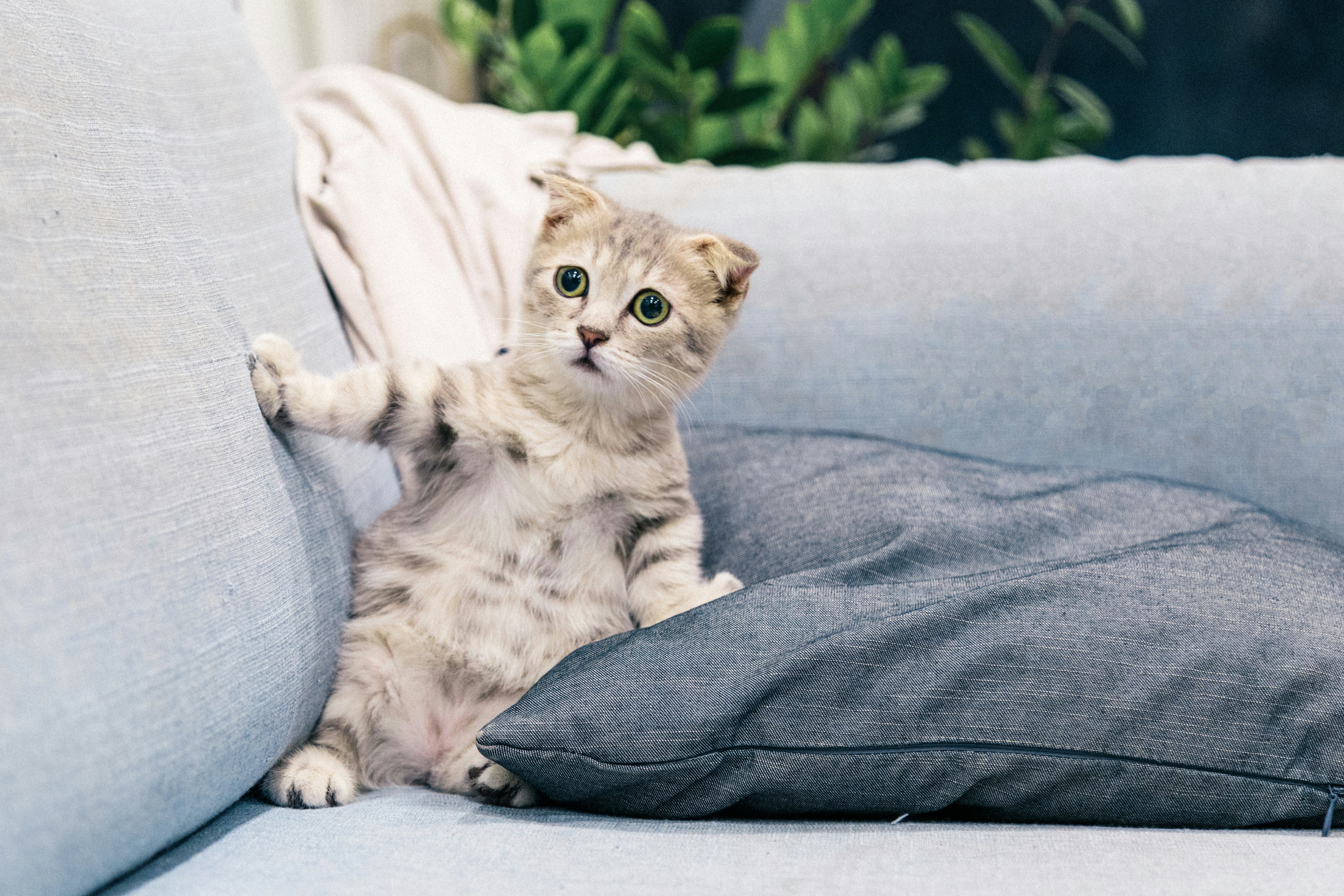You Break Your Cat’s Heart by Doing This Stoop

Cats are often stereotyped as aloof, but the truth is that they are emotionally intelligent animals who form deep attachments with their humans. When you unintentionally hurt their feelings, you can create long-term trust issues. Many cat owners unknowingly repeat behaviors that break their cat’s heart, not realizing how sensitive felines really are.
This guide explores the most common mistakes cat parents make, why these behaviors affect your pet emotionally, and practical solutions to rebuild and strengthen the bond with your feline friend.
1. Ignoring Their Need for Attention
Even the most independent cat craves interaction. Ignoring their head bumps, purrs, or toy offerings can feel like rejection. Cats interpret being overlooked as a sign that they are unimportant in their household hierarchy.
2. Punishing Instead of Understanding
Many owners resort to yelling, spraying water, or swatting when their cat misbehaves. But punishment damages trust and teaches fear, not better behavior. Cats scratch, climb, or jump for instinctual reasons—they’re not trying to be “bad.”
3. Neglecting Playtime
Play is more than fun—it’s essential for mental stimulation, exercise, and bonding. Without it, cats can develop anxiety, destructive tendencies, or obesity. Many indoor cats suffer silently from boredom, which shortens their lifespan.
4. Inconsistent Feeding Habits
Cats are creatures of habit. Changing their feeding schedule frequently or offering low-quality food can create stress and even digestive issues. Food is not only nutrition—it’s a signal of safety and routine.
5. Lack of Safe Spaces
Cats thrive when they have hiding spots, elevated perches, and private areas. Without safe zones, they may become anxious, overgroom, or act aggressively. Denying them retreat options breaks their sense of security.
6. Ignoring Their Health
Skipping vet visits, neglecting dental care, or ignoring signs of illness sends a message that their needs are unimportant. Cats are masters at hiding pain—by the time you notice, it may be advanced.
7. Overlooking Grooming Needs
Yes, cats groom themselves, but that doesn’t mean they don’t need help. Long-haired breeds develop mats, while short-haired cats can still suffer from excess shedding and hairballs. Ignoring grooming makes them uncomfortable and can feel neglectful.
8. Forcing Unwanted Affection
Every cat has unique boundaries. Forcing hugs, picking them up constantly, or cornering them can make them anxious. Respect is the foundation of feline love.
9. Ignoring Litter Box Issues
A dirty litter box, wrong type of litter, or poor placement causes stress and can even lead to health problems like urinary infections. Ignoring their complaints can feel like ignoring their dignity.
10. Not Recognizing Emotional Needs
Cats experience sadness, loneliness, and even grief. Major life changes—like moving, adding a new pet, or changes in routine—can upset them. If you dismiss these emotions, your cat may feel abandoned.
11. Withholding Companionship During Grief
Cats mourn the loss of companions, whether feline, canine, or human. Ignoring their grief signals—like crying, searching, or lethargy—deepens their loneliness.
12. Loud or Chaotic Environments
Constant shouting, blasting music, or frequent arguments create stress. Cats associate their environment with safety; chaos makes them feel unsafe.
How Cats Show Love—And Why It Matters
To avoid breaking your cat’s heart, you must first recognize how they express love. Slow blinking, following you around, grooming you, or sleeping nearby are all signs of deep affection. Ignoring these signals is like ignoring someone saying “I love you.”
Steps to Rebuild Trust if It’s Broken
- Give Space: Allow your cat to retreat without chasing them.
- Use Positive Reinforcement: Reward calm, affectionate interactions with treats or praise.
- Respect Boundaries: Let your cat dictate the pace of rebuilding closeness.
- Reestablish Routine: Cats thrive on predictability—consistent meals, playtime, and sleep help restore confidence.
Frequently Asked Questions (FAQ)
- Do cats really get their feelings hurt?
- Yes. While they may not cry like humans, cats feel stress, rejection, and sadness when ignored or mistreated.
- How can I tell if I’ve upset my cat?
- Common signs include hiding, avoiding eye contact, refusing food, sudden aggression, or reduced purring.
- Can cats forgive their owners?
- With patience, respect, and positive interactions, cats often forgive and rebuild strong bonds over time.
- What should I do if my cat stops trusting me?
- Give them space, avoid punishment, and reintroduce affection gradually. Use play as a trust-building tool.
- How do I repair a broken bond with my cat?
- Offer gentle interaction, respect their space, provide consistent care, and speak softly. Over weeks or months, trust can be rebuilt.
- Are some cats more sensitive than others?
- Yes. Just like people, cats have unique personalities. Some may brush off mistakes quickly, while others need more reassurance.
Final Thoughts
Your cat doesn’t just need food and shelter—they need respect, patience, and love. By recognizing the ways you may unintentionally hurt their feelings and replacing harmful behaviors with understanding, you protect both their heart and your bond. A respected cat is a happy cat, and a happy cat will shower you with affection in ways only a feline can.

%20(800%20x%20800%20px)%20(1200%20x%202500%20px)%20(1000%20x%201000%20px)%20(1).png)
.jpg)
.jpg)




0 Comments